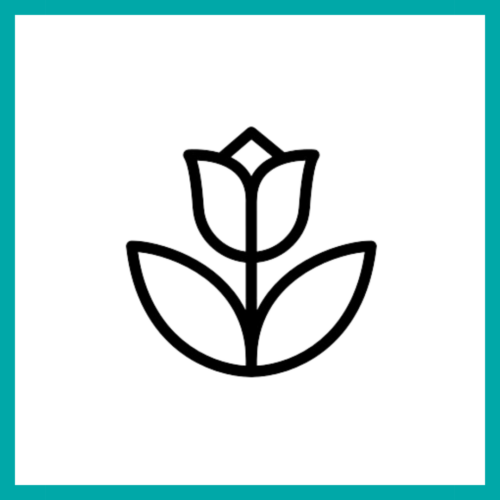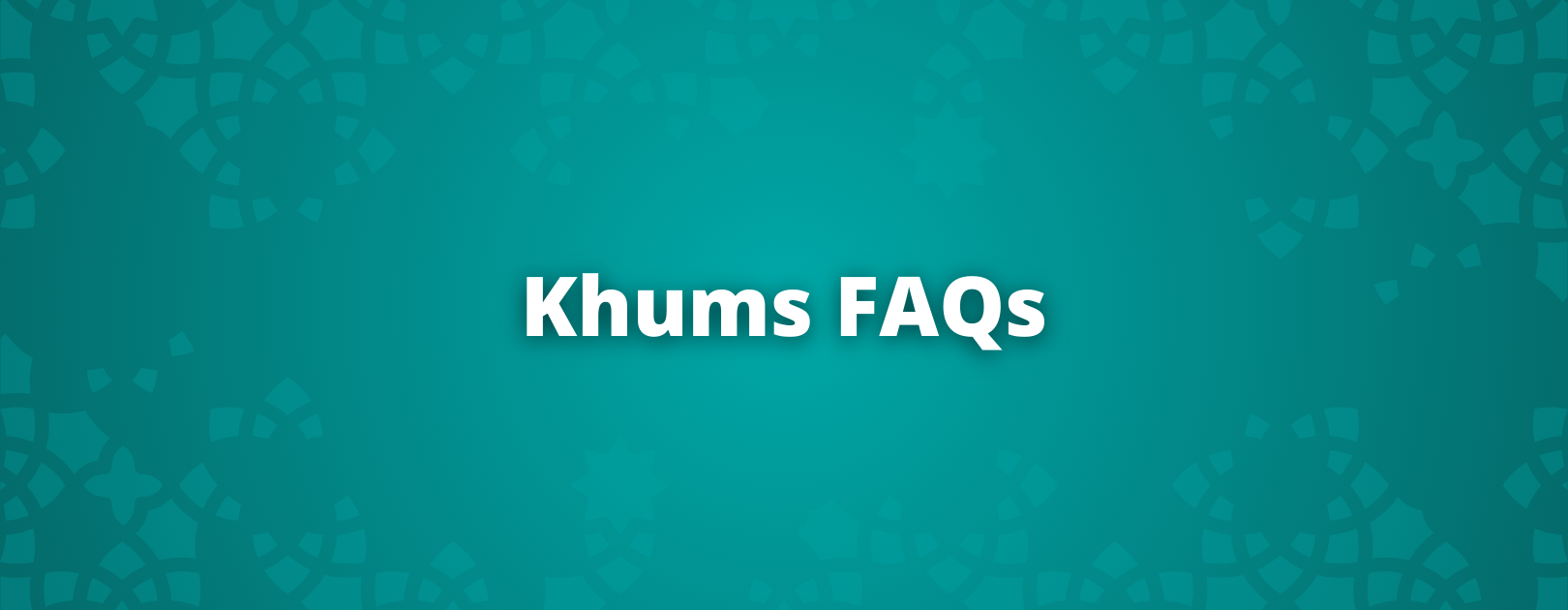Every Muslim individual who is at the age of puberty and is sane is responsible for paying khums. For minors, it becomes the parents or guardian’s duty to pay it.
All Khums that one pays is consisted of two parts, or Sehme, in Arabic:
Sehme Imam, which at the time of Ghaybah is given to the Maraja’ we follow and he permits where and how this portion is to be spent
Sehme Sadaat, which is given to the poor and needy Sayyeds provided that it is not spent on Haram purposes.
It is also better to consult your Marja or his representative before paying it.
There are various items to which Khums apply. The most popular item in our daily life is the Khums on the surplus of income or on possessions that exceed our needs.
Khums is paid on what we own that exceeds our needs.
In other words, Khums is paid on the surplus of what we own after spending on all permissible expenses, including the expenses for our dependents. The amount and the level of the expenses varies from a person to another based on their status.
According to some jurists, Khums is not paid on inheritance, for example a wife’s mahr and on what Khums has been paid before.
Essentially, all forms of income – whether they be through work or inheritance – are liable.
These include net savings, haram and halal wealth, buried treasure, minerals, spoils of war, and gems obtained from sea diving.
Some financial gains are only paid for Khums if unused for a year. These include inheritance, items such as clothing, household goods/provisions, and property and savings that have not been used for a year.
There are two options on when to pay Khums:
First is to pay Khums upon receipt of the gain immediately. This means to pay the Khums on things which you think will be more than what you require once you own them.
The second, which might be easier, is to fix an annual date as the Khums annual date. On this date one should pay Khums on the surplus of what one has for the preceding year
- Note that on the annual date, one does not have discretion over his belongings on which Khums is not paid, unless he has permission from his Marja of Taqlid.
Give Khums Now:
-

Khums (Sehme Imam)
Select Package -

Khums (Sehme Sadaat)
Select Package
The Zahra Trust USA is project of the Zahra Foundation LTD. Zahra Foundation LTD is as an exempt organization as described in Section 501(C)(3) of the Internal Revenue Code




